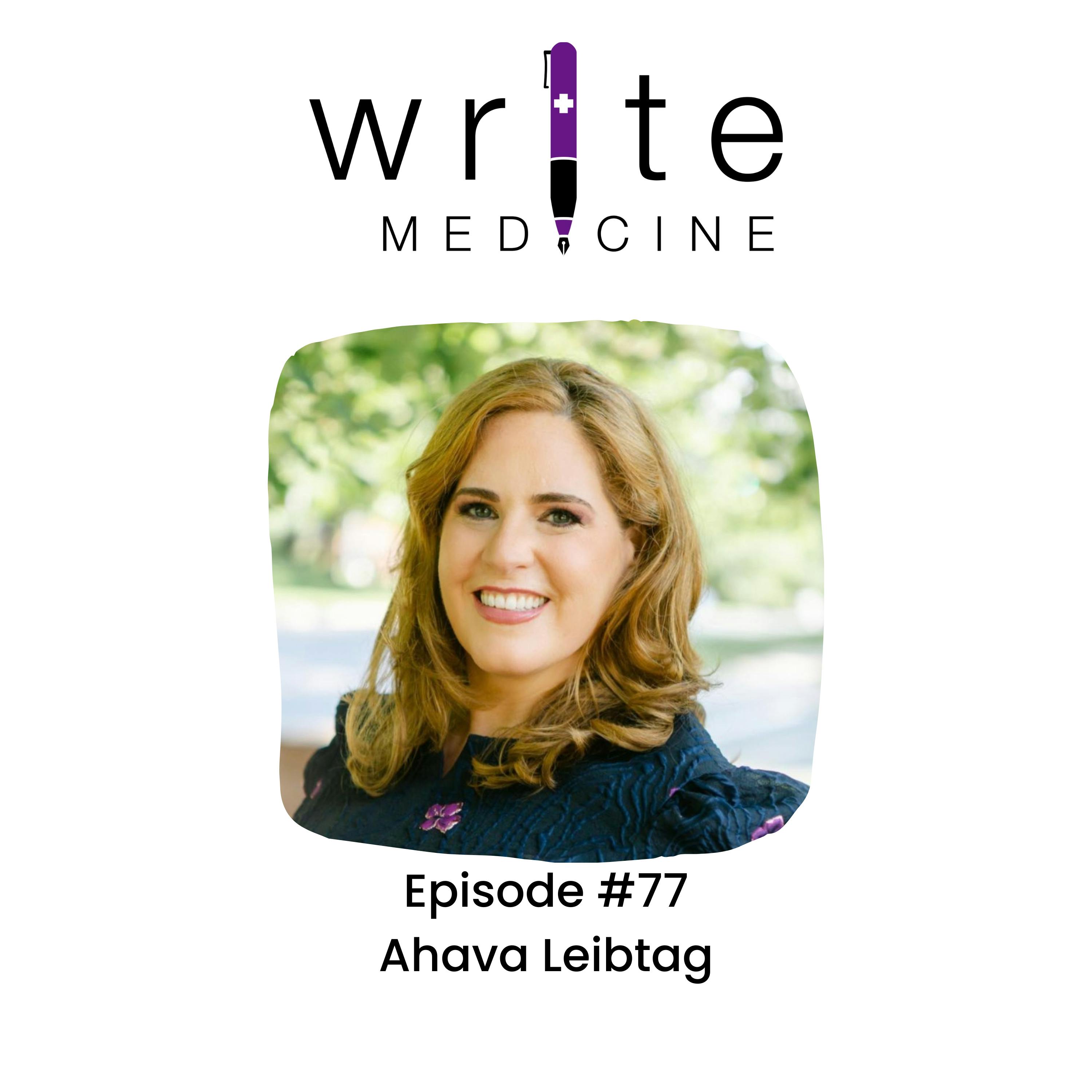The Checklist Revolution: Streamlining Healthcare Content for Better Understanding


Plain language is a communication style that aims to simplify complex information and make it more accessible to a wider audience. It involves using clear, concise, and jargon-free language to convey information in a way that is easily understood by the intended audience. The goal of plain language is to eliminate confusion, improve comprehension, and enhance communication between the sender and receiver.
In this episode, I speak with Ahava Leibtag, an expert in plain language and digital content strategy. Ahava is a 2020 inductee into the Healthcare Internet Hall of Fame as an Innovative Individual and has 20+ years of experience in content development. She is the president and owner of Aha Media Group, LLC, a copywriting, content strategy and content marketing consultancy. She is also the author of The Digital Crown: Winning at Content on the Web.
Today we're talking strategies for writing clear, understandable content for online education and digital platforms.
Key Takeaways
- Plain language focuses on questions like: Can people find what they're looking for? Can they understand it? Can they act on it?
- Break up content into small chunks with headings, bullet points, short paragraphs and plenty of white space. This makes digital content more scannable.
- Limit sentences to no more than 14 words. Long, complex sentences are harder for readers to process.
- Plain language does not mean "dumbing down" - you can still communicate sophisticated ideas clearly.
- Writing should have cadence and rhythm, not just simplicity. Read content aloud to check flow.
- Complexity does not equal authority. Clear communication better builds trust and credibility.
- Stories and analogies are powerful tools for explaining complex medical concepts plainly.
- Do keyword research to understand what terminology your audience uses and link plain language to those search terms.
Timestamps
(3:13) - Introducing Ahava
(7:50) - Definition and importance of plain language
(13:00) - Introduction to her Building Blocks: What they are and how they work
(18:32) - Ahava's perspective on all writing is rewriting
(22:56) - Simplifying digital content
(33:14) - How to still have authority and expertise with simplicity
(37:27) - Where to connect with Ahava
Resources
Free ebook. How to Write About Complex, How to Write About Sensitive and Difficult Topics
American Medical Writers Association Plain Language Checklist.
Connect with Ahava
🗞️ Biweekly Newsletter with tips and resources to enrich your CME content niche
➡️ Join WriteCME Pro for ongoing professional development




